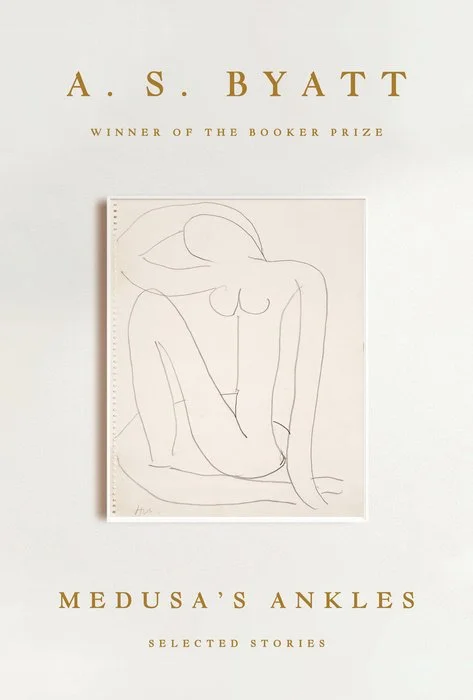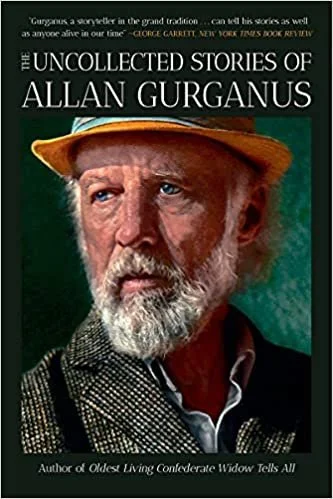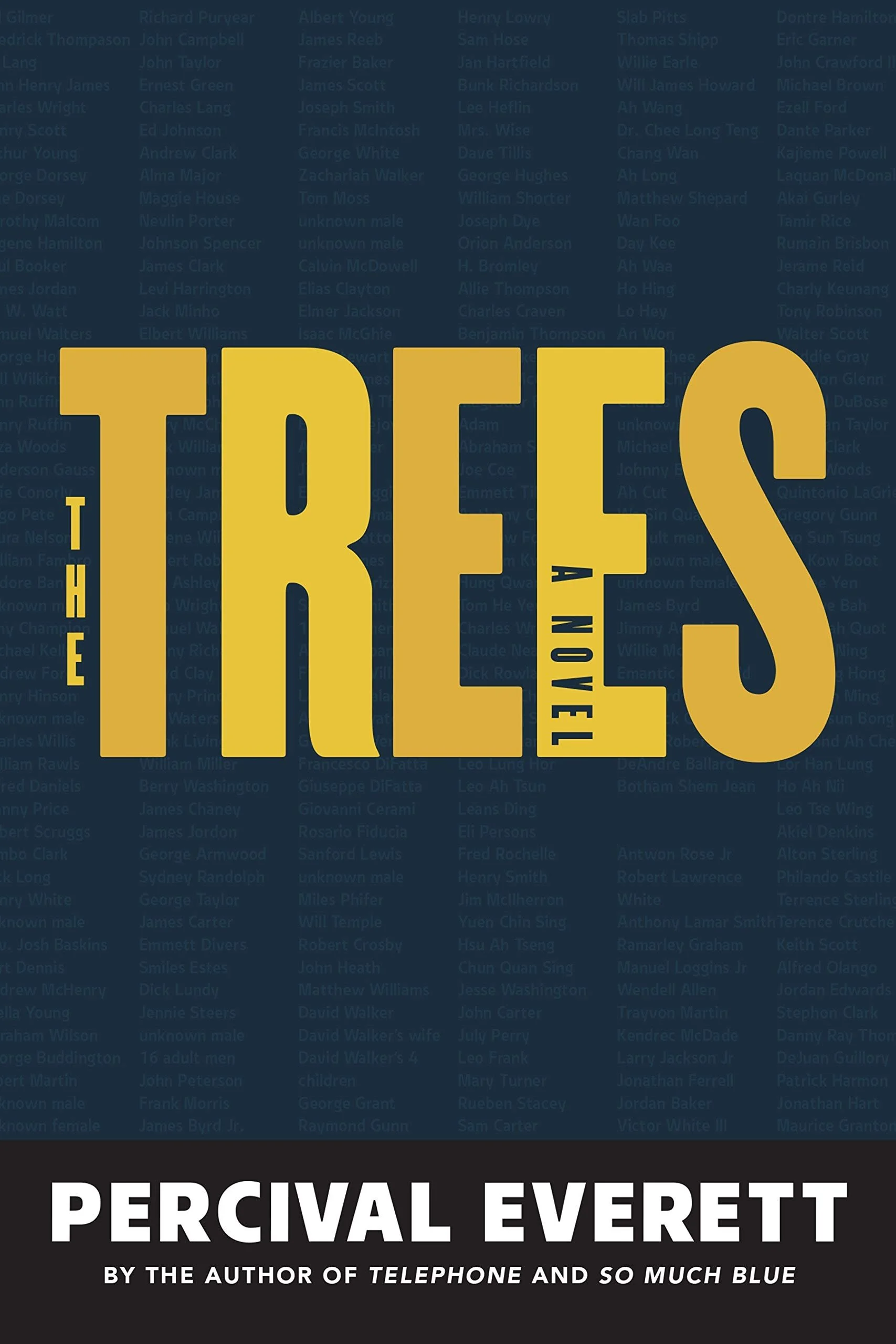The Best Books of 2021: Fiction
/It’s hardly a surprise that 2021 saw a bumper-crop of truly excellent fiction; after all, the world’s fiction-writers spent most of last year cut off from their therapists, their biddable readings-groupies, their cocaine dealers, and their Columbia-adjunct classrooms. Actually sitting down and writing for a change isn’t a high bar to clear if lockdowns prevent you from doing virtually anything else. Although it wasn’t all forced quarantine brilliance – no fewer than three entries on our list are collections of older work, also perhaps a foreseeable thing. Not quite as foreseeable was the generally high level of quality in the year’s fiction. These were the best:
10 A Passage North by Anuk Arudpragasam (Hogarth) – The shadow of the Sri Lankan civil war stretches over this bluntly moving character study of half a dozen different kinds of displacement, but there’s also a deeply felt love story here.
9 Medusa’s Ankles by AS Byatt (Knopf) – The first of the short story collections on our list (and also the first of depressingly many examples of hideous American cover design, alas) is this powerful collection by the author of Possession and The Children’s Book, here emphasizing her surprising ability to craft subversive fantasy.
8 A Lie Someone Told You About Yourself by Peter Ho Davies (Houghton Mifflin) – The joys and unexpected traumas of family life (as well as, one suspects, heaping helpings of autofiction) (and an idiotic title, hardly a rarity on this list - see #s 9, 7, & 2)(capped off with a truly eye-scratchingly hideous cover design) fill this touching and eloquent novel.
7 Uncollected Stories of Allan Gurganus (Liveright) – The second short story collection on our list (continuing the time-honored publishing tradition of using a product description as a book title) amply showcases the genius and sharp humor of this author.
6 Harrow by Joy Williams (Knopf) – The icy humor and beautiful prose of the author saves this book both from the vagueness of its plot (set in some kind of environmental dystopia) and from its my-kid-could-do-that-ugly US cover.
5 The Trees by Percival Everett (Graywolf Press) – Underneath its unprepossessing exterior (Graywolf avoided giving it a hideous cover by giving it not cover at all, just the book’s title on a piece of blank paper, like a manufacturer’s label stamped on a crate of pomegranates), this is a weirdly wry novel about race and perception that took me a couple of reads to appreciate - which is much appreciated in this era of tweets-as-manuscripts.
4 The Book of Form and Emptiness by Ruth Ozeki (Viking) – This big, completely captivating novel by Ruth Ozeki features a boy who hears a vast, wild symphony of voices from the world around him and seeks only to make sense of it all; at first it seems whimsical, but it carries more heft and wonder than anything this author has ever written.
3 The Sentence by Louise Erdrich (Harper) – If readers are willing to overlook yet another hideous American cover, they’ll find in Louise Erdrich’s latest novel - set in and around a small bookstore as it goes through the cursed year 2020 - as eloquent and at times stunningly accurate an example of so-called “COVID fiction” as they’re ever likely to read.
2 Look For Me and I’ll Be Gone by John Edgar Wideman (stories) (Scribner) – The last of our short story collections this year (and the last laughably hideous American cover on our list, thank Crom and Mitra) is also the best, the latest work from the great John Edgar Wideman, whose prose has never been wiser or more searing.
1 In by Will McPhail (Houghton Mifflin Harcourt) – Set against endemic Stevereads obstacles (twee, navel-gazing graphic novels? Auto fiction? Millennials just in general?), this graphic novel by New Yorker cartoonist Will McPhail, the best novel of the year, is an amazingly heart-wrenching story of a man driven by tragedy and clueless loneliness to seek connections with the world around him.











